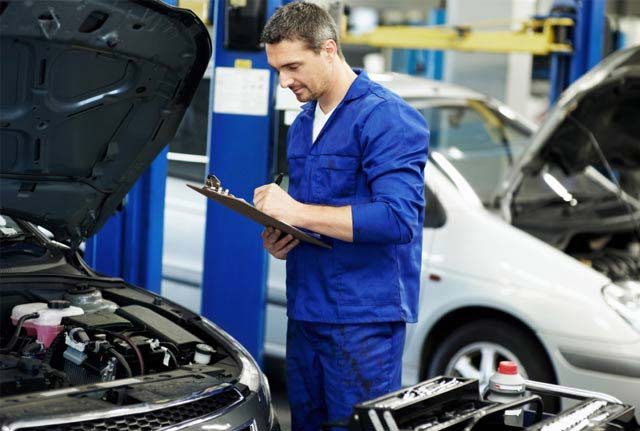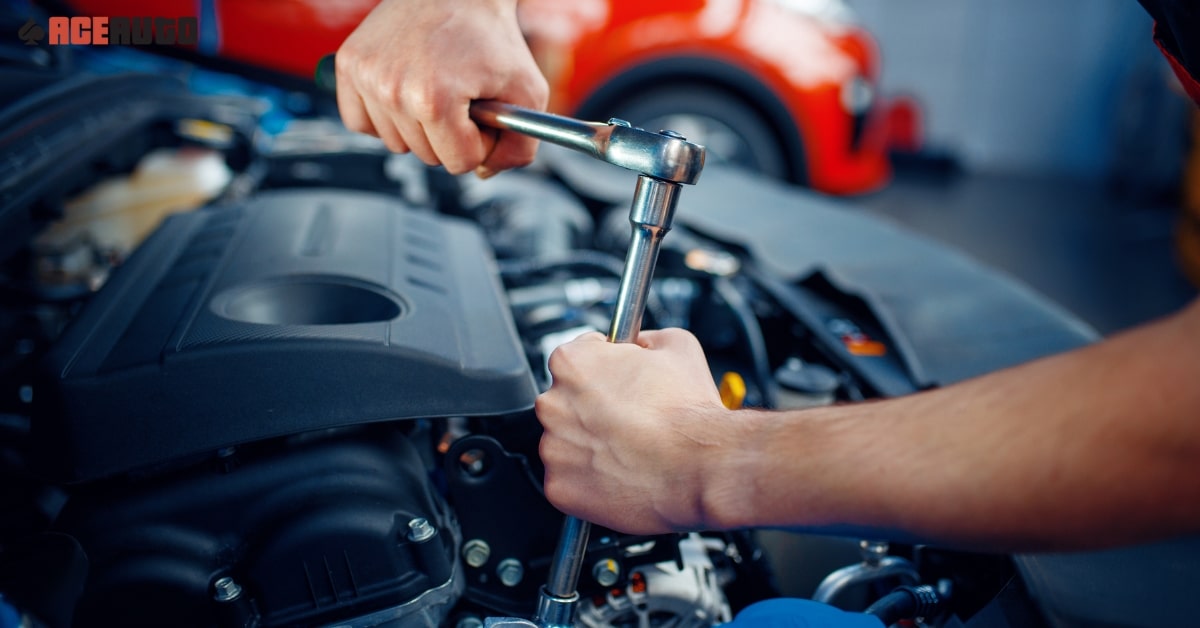All Categories
Featured

Comprehending the distinction in between routine upkeep and repair services is vital to ensuring your vehicle stays in top condition and operates efficiently throughout its life. Routine maintenance is about avoidance and continuous treatment, while repair services are required when something breaks or breakdowns.
Regular Upkeep: Protecting Against Future Troubles. Routine upkeep includes the routine, scheduled services that maintain your vehicle in good functioning order and prevent concerns from establishing. These tasks are created to make certain that all parts of your cars and truck remain to work as they ought to and assist maintain the automobile's dependability. Regular maintenance is commonly detailed in your cars and truck's owner handbook, specifying when to carry out particular tasks based upon mileage or time intervals.

Some instances of routine upkeep consist of:
Oil Changes: Oil lubes the engine, ensuring it runs smoothly and effectively. Normal oil changes, normally every 3,000 to 5,000 miles, assistance stop engine wear and keep the vehicle running optimally. Tire Turning and Balancing: Tire rotation helps level tire wear, while stabilizing makes sure smooth handling and improves tire long life. This need to be done every 6,000 to 8,000 miles. Brake Inspections: Your cars and truck's braking system needs regular checks to make certain the pads remain in excellent condition, the fluid levels are adequate, and the rotors are operating well. Fluid Checks: Watching on essential fluids, consisting of transmission liquid, coolant, brake fluid, and power steering liquid, aids maintain the engine and other systems running smoothly. Air Filter Substitute: The engine air filter keeps dust and debris from going into the engine. Changing it frequently helps maintain engine efficiency and fuel efficiency. These upkeep tasks are preventative in nature, made to prolong the life of your vehicle and reduce the danger of failures. By carrying out normal maintenance, you can catch small concerns before they escalate right into bigger, more pricey problems.
Services: Taking Care Of Issues That Arise. Repair services, on the various other hand, are essential when a part of your lorry fails or breaks down. Repair work are often unexpected and are called for to bring back the automobile's capability and security. Unlike routine maintenance, which is concentrated on avoidance, repairs are reactive steps taken when something breakdowns or breaks. While some repair services might be minor, others might be extra complex and expensive.
Examples of common repair work consist of:
Transmission Issues: Issues such as slipping gears, trouble shifting, or unusual sounds may signify a breakdown in the transmission, requiring repairs or replacement. Engine Services: If the engine is misfiring, overheating, or revealing other indications of trouble, it may require a repair service or substitute of specific parts like the spark plugs, timing belt, or sensing units. Brake Repair works: If your brakes are squealing, making grinding sounds, or falling short to stop the automobile efficiently, you might need to replace brake calipers, rotors, or pads. Battery Substitute: If the auto has trouble beginning or the battery warning light shows up, it may be time to change the battery. Suspension and Steering Repair Work: If you experience unequal tire wear, a harsh trip, or problem steering, maybe an indication that the suspension system or guiding parts require fixing. Because they involve dealing with issues that can impact the auto's safety and security or performance, fixings are typically much more costly than routine upkeep. Depending upon the intensity of the problem, repair work might need customized parts and labor.
Key Differences Between Regular Repair And Maintenance. Objective: Routine maintenance aims to protect against concerns and guarantee that the vehicle runs effectively. Repair services are required to fix problems that have actually already happened. Frequency: Upkeep tasks are performed on a routine schedule, while repair services are required when specific issues arise unexpectedly. Expense: Regular upkeep is generally more economical, as it includes small checks, adjustments, and component substitutes. Fixings can be more pricey due to labor and components included in fixing damaged elements. Timing: Maintenance is foreseeable and planned, whereas repairs take place when something fails, usually leading to more urgent attention. The Value of Both Regular Upkeep and Repair Services. While regular upkeep is necessary for minimizing the requirement for repair services, repair work are occasionally unavoidable. Even the best-maintained vehicles can experience wear and tear over time. It's essential to be positive with upkeep and address fixings without delay to guarantee your automobile remains trustworthy and secure to drive.
By remaining on top of routine maintenance jobs, you can lower the danger of needing expensive fixings. When repair work are needed, addressing them early can aid stop more damage and guarantee that your vehicle continues to do at its best.
Final thought. In summary, regular repair and maintenance are both essential components of vehicle treatment. Regular upkeep aids protect against concerns and guarantees your cars and truck is running smoothly, while repair work are required to repair troubles that occur all of a sudden. By stabilizing normal upkeep with prompt fixings, you can prolong the life of your car and appreciate a more secure, much more trustworthy driving experience.
Latest Posts
Explore Reduce Expenses on Car Maintenance with Montclare Auto Repair’s Exclusive Deals
Published May 25, 25
1 min read
Unlock Your Financial Partner at WyHy – Key Advantages for Your Money Goals
Published May 24, 25
1 min read
How Consistent Auto Maintenance at Montclare Auto Repair Saves You Money
Published May 22, 25
1 min read
More
Latest Posts
Explore Reduce Expenses on Car Maintenance with Montclare Auto Repair’s Exclusive Deals
Published May 25, 25
1 min read
Unlock Your Financial Partner at WyHy – Key Advantages for Your Money Goals
Published May 24, 25
1 min read
How Consistent Auto Maintenance at Montclare Auto Repair Saves You Money
Published May 22, 25
1 min read